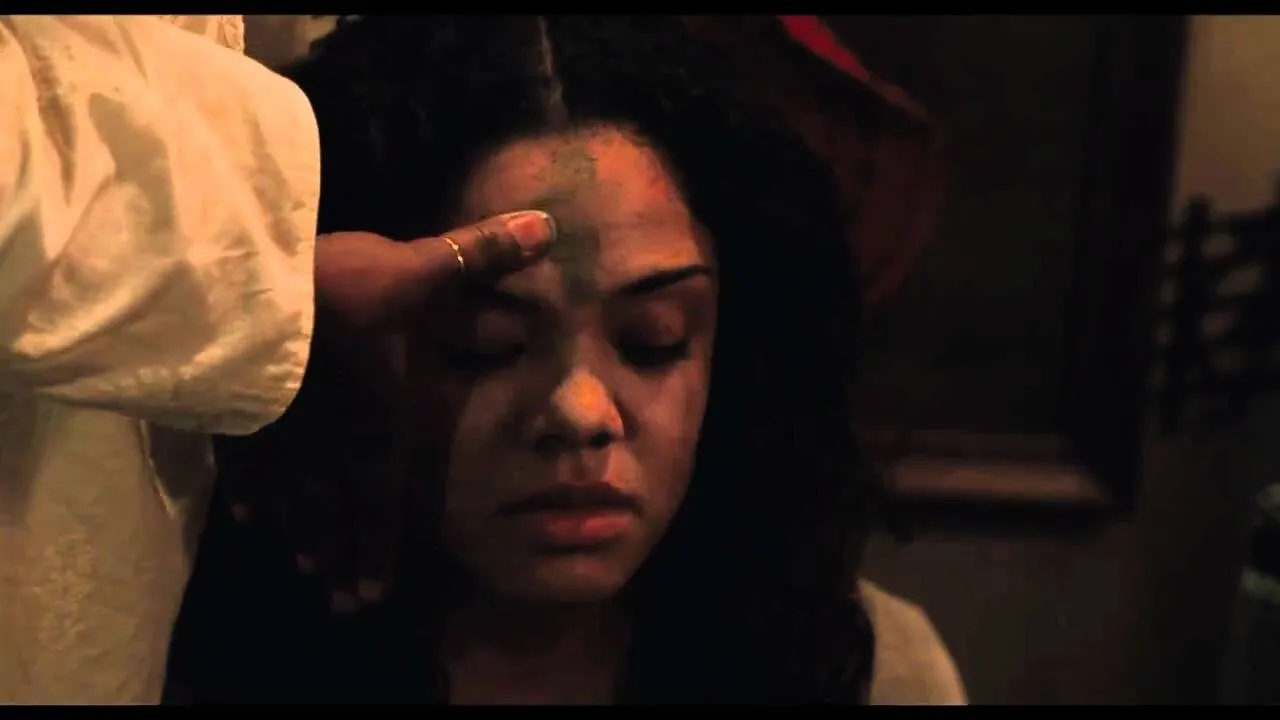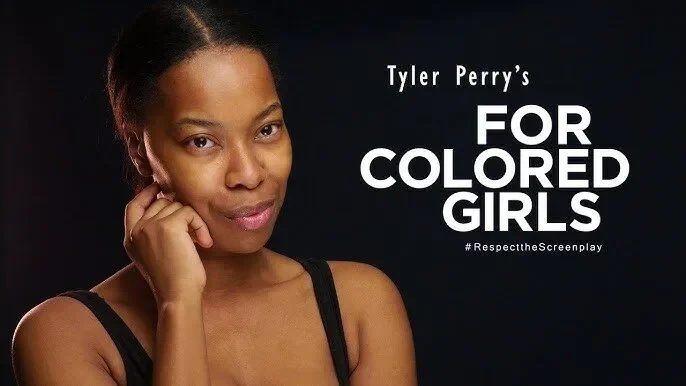The 2026 remake of For Colored Girls brings new life to Ntozake Shange’s powerful choreopoem, blending poetry, music, and emotional storytelling in a way that feels both timeless and urgent. Directed by Ava DuVernay, the film gives voice to the struggles, resilience, and beauty of Black womanhood through an ensemble of powerhouse performances. Each monologue feels like a heartbeat—raw, rhythmic, and painfully real. The modern setting, intertwined with contemporary visuals and an atmospheric score, makes the stories feel as if they’re happening right now, in our world, to people we know.

This version stands out for how it weaves together the experiences of different women into one emotional tapestry. From love and betrayal to loss and rebirth, the film captures the multifaceted lives of its characters with depth and grace. The cinematography paints each woman’s world with unique color palettes that mirror her emotional journey—deep reds for rage, soft blues for sorrow, and golds for moments of healing. Every frame feels intentional, and the visual poetry matches the lyrical dialogue perfectly.

The performances are undeniably the film’s beating heart. Viola Davis delivers a monologue that shakes you to your core, while Zendaya embodies vulnerability and defiance in equal measure. Keke Palmer and Regina King bring authenticity that turns their pain into poetry. Their chemistry as an ensemble creates a chorus of voices that echo long after the credits roll. The emotional intensity never feels forced—it’s lived in, carried through each glance, each pause, each tear.
Ava DuVernay’s direction transforms For Colored Girls (2026) into more than a film—it’s an experience, a conversation, and a collective cry for understanding. She bridges generations by honoring Shange’s original work while adding layers that speak to modern-day issues like identity, gender violence, and social injustice. The pacing allows every story to breathe, giving viewers time to absorb the weight of each truth.

In the end, For Colored Girls (2026) is a cinematic poem about survival and sisterhood. It leaves you reflecting not just on the pain these women endure but on the love and strength that bind them. It’s not an easy watch—but it’s an essential one. A film that dares you to feel deeply, listen closely, and see the beauty in resilience. This isn’t just storytelling; it’s soul work, and it’s done with stunning artistry.
